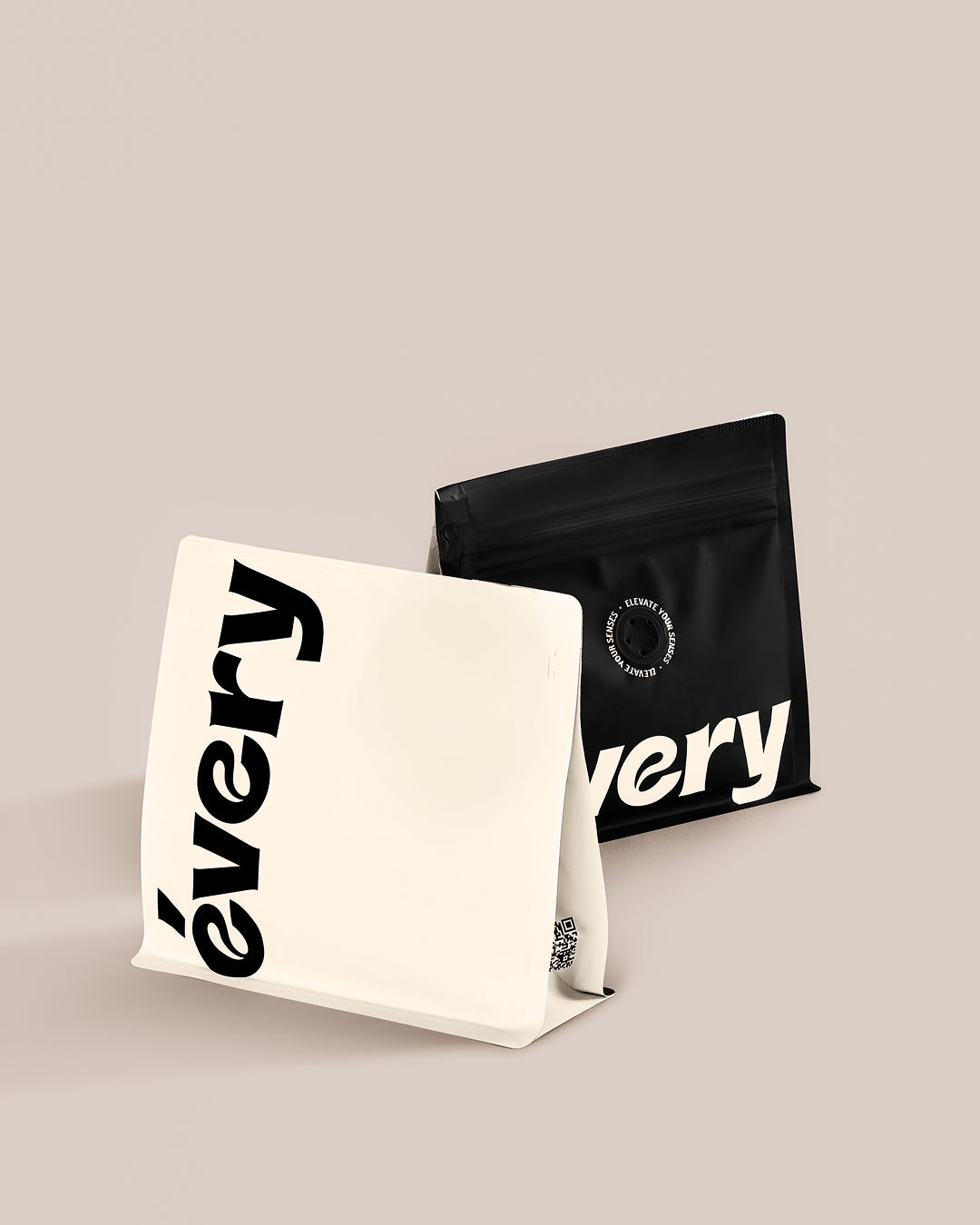Halo Beriti, Grade 1
Halo Beriti, Grade 1
Pear, green apple, apricot, raspberry
Couldn't load pickup availability
Shipping
Shipping
Currently shipping Canada, US, Europe and Hong Kong. Shipping and taxes calculated at checkout.
Brewing Recipe
Brewing Recipe
for pour over:
15 grams of coffee / 250 grams of water
ideal brew time: 2 min 30 sec - 3 min
water temperature: 205 degrees ferenheit
for espresso:
17g in / 34g yield 1:2 ratio
ideal extraction time: 30 seconds
Specification
Specification
- Producer
- Abeyot Ageze, Mebrahtu Aynalem, Boledu Coffee
- Altitude
- 2100-2300 masl
- Variety
- Heirloom
- Harvest
- 2025
- Process
- Washed
- The cup
- Light roast with a crisp, clean profile. Delicate notes of dried fruit, a tea-like body, and a gentle apricot sweetness.
Description
There must be something in our palates that really leans towards coffees from Yirgacheffe, Gedeo Zone in Ethiopia. Last year, we featured another Ethiopian coffee from the same zone, and we really enjoyed it. This time, we are bringing you a coffee from the same region, but from another washing station, called Halo Beriti. Halo Beriti washing station is located in the Gedeb Woreda, Yirgacheffe, Gedeo Zone in Ethiopia.
Something we really enjoy about coffees from Ethiopia is that they are light in body, almost tea-like, with a very smooth body and tones of dry fruit. Yet they are also complex and rich. This coffee stood out the most against many other Ethiopian coffees. We find notes of green apple, apricot, pear and raspberry.
Washing station, Halo Beriti ( credit text to our friends cafe imports)
Halo Beriti Washing Station was established in 2014 and serves 750 smallholder producers, who deliver their coffee in cherry form. This particular lot is part of a "special preparation" in which hand-sorting was done repeatedly throughout the receiving and drying process, ensuring that only perfect coffees made it into the bags.
Coffee in Ethiopia is typically grown on tiny plots of land by farmers who also grow other crops. The majority of smallholders will deliver their coffee in cherry to a nearby washing station or central processing unit, where their coffee will be sorted, weighed, and paid for or given a receipt.
Coffee is then processed, usually washed or natural, by the washing station and dried on raised beds. The washing stations serve as many as several hundred to sometimes a thousand or more producers, who deliver cherries throughout the harvest season: The blending of these cherries into daily lots makes it virtually impossible under normal circumstances to know precisely whose coffee winds up in which bags on what day, making traceability to the producer difficult.
However, this time in particular, our partner cafe imports who sourced this coffee ensures they source coffees from Halo Beriti every year. We look forward to continuing to try coffees from Halo Beriti in the near future.
Heirloom variety ( credit text to our friends cafe imports)
Although this offering is not traceable to a single variety, it is comprised of native heirloom varieties cultivated in Ethiopia.
Yirgacheffe ( credit text to our friends cafe imports)
Yirgacheffe has become famous for coffees that taste like blueberries. This region is plentiful. The thick vegetation is a product of the warm tropical climate with moderate wet and dry seasons. Most coffee is shade-grown by small producers using organic practices. Coffees are cultivated from 1600 to 2400 masl in these highlands. The multitude of microregions creates complex profiles depending on the washing station from which a particular coffee is sourced.




